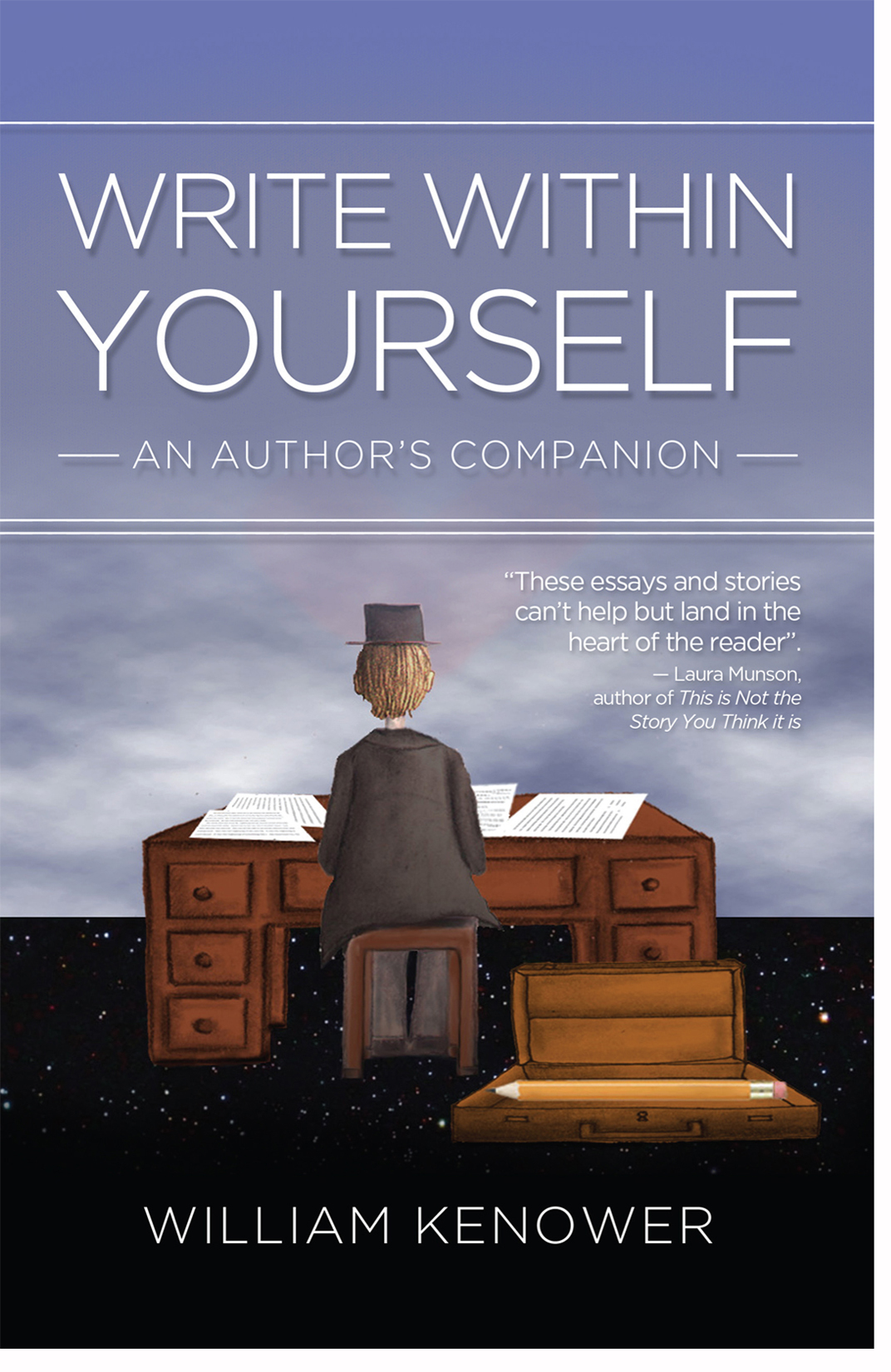Miraculous Writing
I interviewed Bernie Siegel last week, a former surgeon and #1 New York Times bestselling author whose central message for the nearly two dozen books he’s written is: Love heals. I happen to agree with this, but I am not a doctor. Medical professionals, Bernie pointed out, are less open to this idea. “They didn’t want to hear about it,” he told me. “So I’d tell ‘em stories instead. Stories, they could hear.” The stories he told were of patients who had healed themselves. There is a miraculousness to this sort of healing that is understandably more believable when experienced than when simply reported. Which is exactly why Bernie eventually turned to stories. Stories are the closest thing humans have to experiencing what is not actually happening to us at this very moment.
Chances are you are not a surgeon trying to convince other surgeons of the healing powers of love. Chances are you are simply a writer with a story you’d like to share with other people. Perhaps it is a story of something that happened to you, or maybe it is a story you made up. It doesn’t matter. Either way, you are writing about something that isn’t happening right now. Whether based on experience or invented, the story is told by and within the imagination, a realm utterly beyond the reach of another person’s five senses.
I love my imagination, by which I mean I find it an endlessly fascinating conversational partner. These are conversations to which no one else is privy, a fact of which I am reminded whenever I go to publish something I’ve written. I often harbor a small concern that my readers might think I’m delusional. It is as if the success of whatever story I am sharing is dependent upon the reader perceiving the beauty of, say, a bird that doesn’t exist anywhere on planet Earth. The reader will never be able to touch this bird; it will never land in their window; it will never sing in their tree. And yet my story insists that its beauty exists just the same.
Fortunately, readers have imaginations as well. A reader’s imagination is exactly as fascinating to them as mine is to me. It is with this imagination that the reader recalls their first kiss as if it had occurred only the day before, or dreams with excitement of tomorrow’s rendezvous with a lover. It is also the reader’s imagination that summons the ogres of past hurts, or brings to life the dragons of future ruin and failure. There is really nothing the imagination cannot show a reader if he or she is willing to look.
In this way, sharing a story is always an act of trust. The writer trusts the reader’s imagination to bring his story to life, and the reader trusts the writer to take them somewhere beautiful or exciting or profound or funny within the infinite landscape of their imaginations. Most stories have dragons of one kind or another, and if rendered truthfully, the fright they provide can be as real as a doctor’s grim news to his patient. My favorite stories, however, do not leave me bleeding fear. My favorite stories return me to myself, whole again, and eager to find a friend I love with whom to share it.
Write Within Yourself: An Author's Companion.
"A book to keep nearby whenever your writer's spirit needs feeding." Deb Caletti.
You can find Bill at: williamkenower.com


